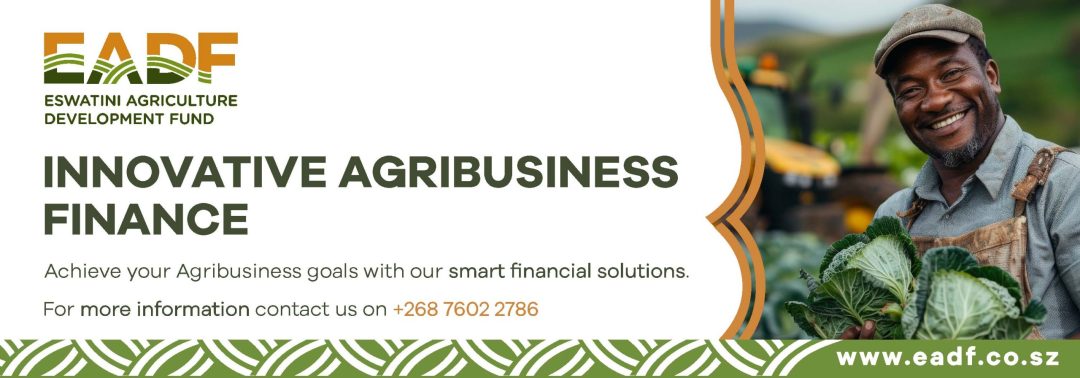
South Africa’s Finance Minister, Enoch Godongwana, has revealed plans to increase the country’s Value Added Tax (VAT) rate to 16% by the 2026/27 financial year.
The decision will lead to the gradual hike of VAT by 0.5 percentage points in 2025 and 2026.
The Minister noted that the decision came after careful deliberation over South Africa’s economic challenges and pressing fiscal needs. The VAT increase is expected to raise R13.5 billion in 2025, and a further R28 billion in 2025/26, providing crucial funding for service delivery and social programs.
For Eswatini, the ripple effects of South Africa’s VAT increase are being closely monitored. In reaction to the announcement, Eswatini’s Ministry of Finance has confirmed that it will take the proposed VAT increase to Cabinet for approval. If greenlit, Eswatini will approach its Parliament to align VAT with South Africa’s increase, ensuring consistency in the region’s tax policies.
The Minister of Finance, Neal Rijkenberg, expressed relief that South Africa’s proposed VAT hike was not the initially planned 2% increase, noting that such a rise could have significantly impacted household expenditure in both countries. Eswatini will weigh the implications of the hike carefully, considering the effect on household spending and the wider economy.
The introduction of VAT increases presents a balancing act between generating necessary revenue and mitigating the impact on vulnerable households. South Africa has already announced plans to extend its list of zero-rated food items, including canned vegetables and dairy blends, to shield poorer communities from the effects of the tax hike. Eswatini will likely consider similar measures as it reviews the proposal, ensuring that essential goods remain affordable for its citizens.
Speaking at the 2025 Post-Budget Seminar on March 7, the Minister said that Eswatini’s tax policies are closely tied to South Africa, and if the neighboring country raises VAT, Eswatini would be forced to follow suit to maintain tax stability.




